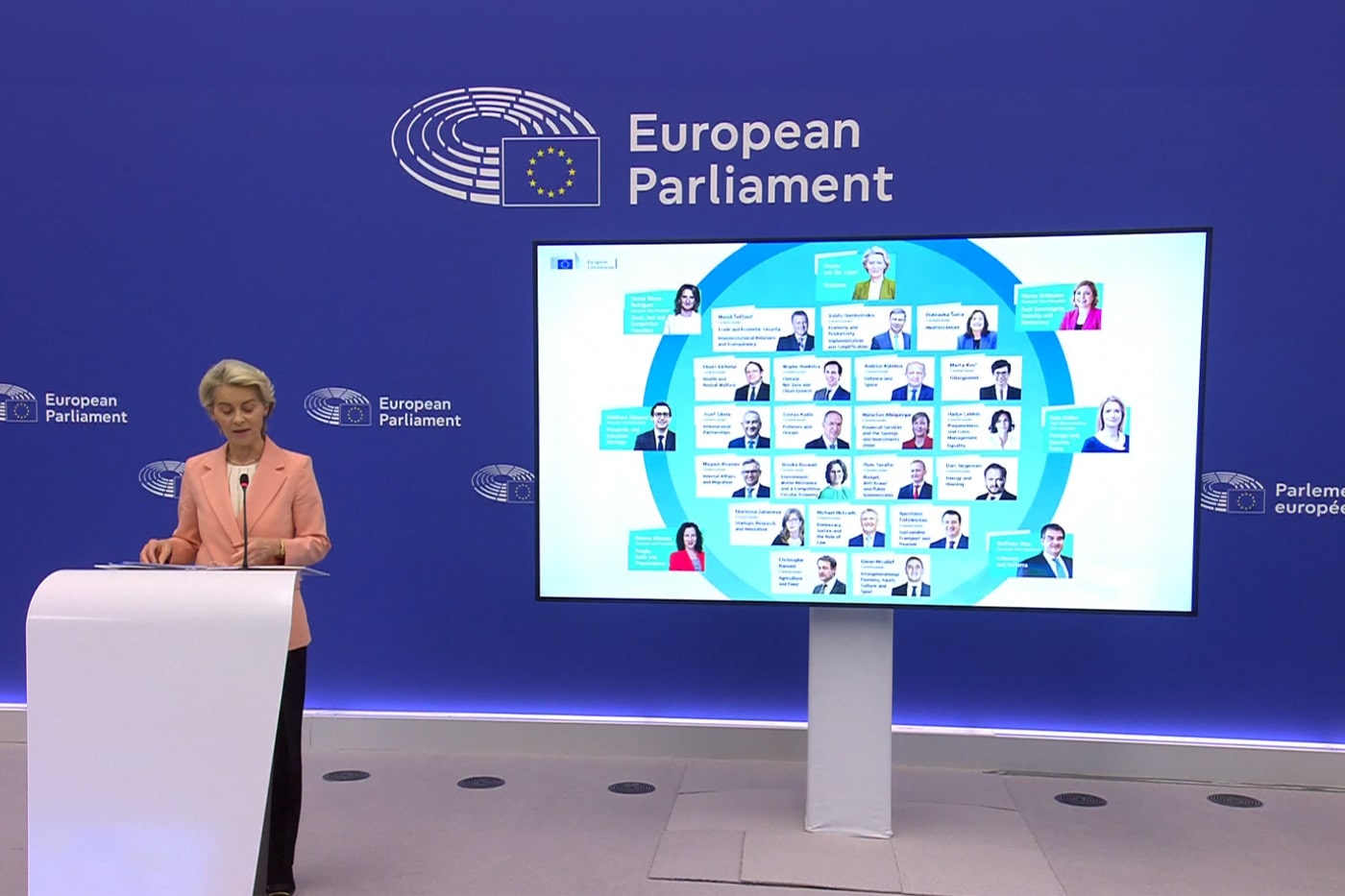EU wants to weaken CO2 targets for 2025
Commission President Ursula von der Leyen explains that she wants to allow manufacturers to achieve the CO2 target over the next three years instead of this year as initially planned – provided that Parliament and the member states agree. As early as last year, some had called for the CO2 fleet limits to be weakened to spare car manufacturers, who are under economic pressure, from potentially billions in fines if they fail to meet the targets. One possibility that came into play early on was that the CO2 target itself would remain in place, but manufacturers would be able to offset any overruns in 2025 against future underruns.
That’s the kind of construct we’re now looking at. “Instead of annual compliance, companies will get three years – this is the principle of banking and borrowing; the targets stay the same; they have to fulfil the targets,” says von der Leyen. “There is a clear demand for more flexibility on CO2 targets. The key principle here is balance. On the one hand, we need predictability and fairness for first movers, those who did their homework successfully. That means that we have to stick to the agreed targets. On the other, we need to listen to the voices of the stakeholders that ask for more pragmatism in these difficult times, and for technology neutrality.” However, there is no precise regulation yet; the Commission President wants to “propose a focused amendment to the CO2 Standards Regulation this month.”
Von der Leyen has also signalled that she will open a possible back door for car manufacturers to the decision to phase out fossil-fuelled combustion engines from 2035. She wants to “speed up work on the 2035 review, with full technology neutrality as a core principle.” More details are expected on Wednesday when the action plan for the automotive industry drawn up by Transport Commissioner Apostolos Tzitzikostas will be presented.
This may also apply to further plans to promote batteries, which von der Leyen has also promised. One of the three key points of the talks on Monday was competitiveness. “We need European car supply chains to be more robust and more resilient, especially when it comes to batteries. Here, we have a challenge,” the politician said. “Because while our own production is in the process of scaling up, we see that imported batteries are cheaper. We cannot let EVs become more expensive. But we also cannot afford to create new dependencies.”
For this reason, the Commission “will explore direct support for EU battery producers.” Nevertheless, it will be linked to conditions which, at first glance, could be somewhat similar to the requirements of the Inflation Reduction Act in the US. It will gradually introduce European content requirements for battery cells and components.
There is no precise timetable for such a support programme or the implied backdoor for the 2035 regulation yet. It is thus still unclear how all the plans will be implemented and the targets achieved if, on the one hand, manufacturers are given a little more time to achieve their 2025 CO2 targets and, on the other hand, there is renewed discussion about technological neutrality without a clear expansion and funding strategy for fuels such as hydrogen and e-fuels.





0 Comments